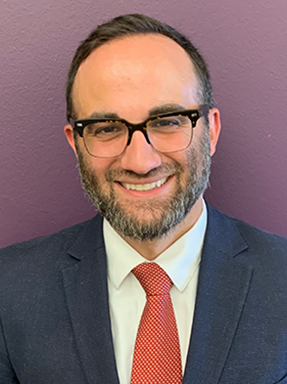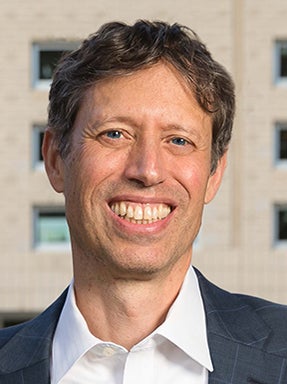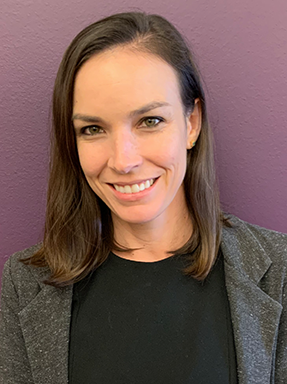Constitutional Rights and Remedies
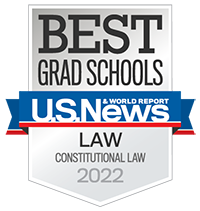
The Constitutional Rights and Remedies Program allows you to focus on the nature, scope, viability, and limits of litigating federal constitutional rights through traditional classes, simulation courses, conferences, public lectures, and pro bono litigation. You will develop a sophisticated understanding of the interaction between state and federal courts, are able to determine the available and appropriate vehicles for constitutional litigation, develop an increased understanding of the content of our constitutional protections, and may increase their likelihood of obtaining a federal clerkship and a career in constitutional litigation. Follow us online: @DUsturmCRRP.
Interested in events, courses and experiential learning opportunities in Constitutional Rights and Remedies?
Complete the Form
Learning to litigate federal constitutional rights—in and out of the classroom
-
What are Constitutional rights and remedies?
Disputes over the scope and substance of federal constitutional rights have been central to racial justice, education, housing, voting, employment, reproductive rights, land use, law enforcement and criminal justice, and numerous other areas of profound social importance. The important rights developed in each of these areas, however, are not always enforceable. The law of constitutional remedies includes numerous procedural hurdles that significantly limit the opportunities for injured parties to receive a full hearing of their constitutional claims, much less a favorable one. An understanding of the procedures that govern the litigation of federal constitutional rights has thus become essential to the process of constitutional enforcement.
-
Integrated learning
The Constitutional rights and remedies program at the Sturm College of Law is an academic program that allows students to focus on the nature, scope, viability, and limits of litigating federal constitutional rights through traditional classes, simulation courses, conferences, public lectures, and pro bono litigation. Our proximity to the U.S. District Court for the District of Colorado and the U.S. Court of Appeals for the Tenth Circuit, as well as the regional offices of multiple federal agencies, is another draw for our Constitutional rights and remedies students. The program offers a full array of doctrinal courses as well as experiential learning opportunities in the Civil Rights Clinic, the Criminal Defense Clinic, and Externships, taught by full-time faculty and by adjunct professors drawn from the community of local practitioners.
-
World-class faculty
The program is staffed by our full-time faculty, but draws on a rich background of resources offered by both a local and national advisory board. Our experienced faculty actively research, publish, lecture, litigate and work on other activities involving constitutional rights and remedies. In addition, many of our professors spent their pre-teaching careers clerking for federal judges and engaging in litigation of constitutional rights claims.
Past CRRP Events
-
2024 Events
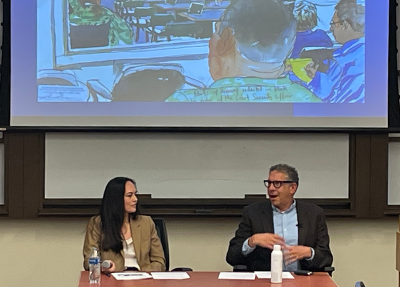
On February 27, 2024, the Constitutional Rights and Remedies program hosted “Observations from the 9/11 Proceedings at Guantánamo Bay: A Conversation with Professor Sam Kamin.” Professor Kamin reflected on his experience as an observer for the American Bar Association at the trial of Khalid Sheikh Mohammed at Guantánamo Bay, Cuba.
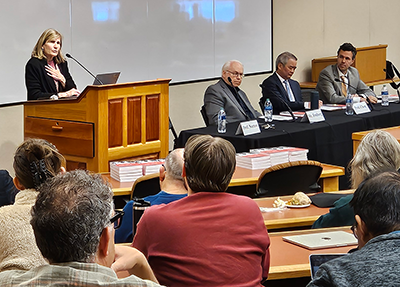
On March 5, 2024, a publication celebration was held for Professors Alan Chen and Justin Marceau's new book, "Truth and Transparency: Undercover Investigations in the Twenty-First Century," also featuring commentators Fred Freiberg of the Fair Housing Justice Center and Helen Norton of the University of Colorado School of Law. This event was co-sponsored by the Animal Law Program, the Constitutional Rights & Remedies Program, and the Office of the Associate Dean for Faculty Scholarship.

September 20, 2024: The CR&R Program held its annual preview of the 2024-2025 Supreme Court term featuring faculty speakers Rebecca Aviel, Nicole Godfrey, Marty Katz, Seth Packrone, and Amanda Savage. The preview, moderated by CR&R Director Nancy Leong, covered cases related to constitutional rights and remedies that the Court will be hearing this term.
-
2023 Events
March 28, 2023: Constitutional Law Conversations, cosponsored with the Denver Law ACLU chapter, featuring Professors Laura Rovner, Alan Chen, Marty Katz, Laurent Sacharoff, Viva Moffat, Justin Marceau and Nancy Leong. Each gave a 5 minute overview of their CRR certificate class.
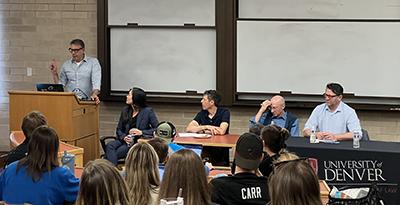
September 26, 2023: The CRRP held a 2023-2024 Supreme Court Preview featuring faculty speakers including professors Nancy Leong, Ian Farrell, Sam Kamin, Marty Katz and Laurent Sacharoff. The preview covered cases related to constitutional rights and remedies that the court will be hearing this term.
-
2022 Events
- March 4, 2022: Panel Discussion: Nomination of Judge Ketanji Brown Jackson to the United States Supreme Court, featuring Professors Rebecca Aviel, Alan Chen and Ian Farrell. Moderated by Professor Nancy Leong
- April 5, 2022: Certificate Program Advising Session
- August 31, 2022: How to Publish Your Seminar Paper, featuring Professors Marty Katz and Nancy Leong
- November 10, 2022: A Discussion with Professor Paul Gowder about his book, "The Rule of Law in the United States: An Unfinished Project of Black Liberation." Moderated by Professor Rebecca Aviel. Co-Sponsored by the Associate Dean for Faculty Scholarship and the Denver Law Review.

Certificate Requirements
Constitutional Rights & Remedies Program
To declare your intent to complete the CRRP certificate, please complete the form below no later than the end of the add/drop period for the semester preceding that of your intended graduation.
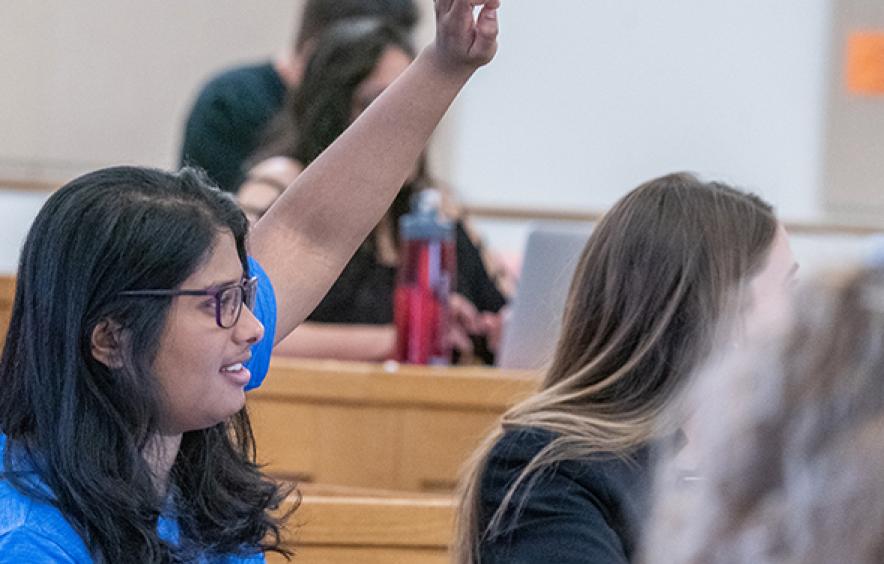
JD Certificate Program Goals
The Constitutional rights & remedies JD certificate program, helps you
- Possess a thorough understanding of the substantive law defining constitutional rights
- Understand and appreciate the importance of procedures governing their enforcement
- Develop the lawyering skills necessary to effectively litigate these rights
- Gain knowledge and appreciation of professional values and ethics that apply to litigation in this area of the law
Curricular Offerings
Constitutional Rights and Remedies Courses
Constitutional Rights and Remedies Selected Electives

CRRP Faculty Publications
View selected journal articles, books and other scholarship from our expert faculty members.
-
Professor Rebecca Aviel
Remedial Commandeering, 54 U.C. Davis Law Review 1999 (2021).
Rule 8.4(g) and the First Amendment: Distinguishing between Discrimination and Free Speech, 31 Georgetown Journal of Legal Ethics 31 (2018).
Counsel for the Divorce, 55 Boston College Law Review 1099 (2014).
Why Civil Gideon Won’t Fix Family Law, 122 Yale Law Journal 2106 (2013).
-
Professor Alan Chen
Free Speech Beyond Words, co-authored with Mark Tushnet and Joseph Blocher, New York University Press (2017).
Free Speech and Democracy in the Video Age, co-authored with Justin Marceau, 116 Columbia Law Review 991 (2016).
High Value Lies, Ugly Truths, and the First Amendment, co-authored with Justin Marceau, 69 Vanderbilt Law Review 1435 (2015).
Rights Lawyer Essentialism: Reflections on Richard Thompson Ford’s Rights Gone Wrong, 111 Michigan Law Review 903 (2013).
-
Professor Ian Farrell
Taking Voluntariness Seriously, co-authored with Justin Marceau, 45 Boston College Law Review 1545 (2013).
Strict Scrutiny Under the Eighth Amendment, 40 Florida St. U. Law Review 783 (2013).
Abandoning Objective Indicia, 122 Yale Law Journal Online 303 (2013).
-
Professor Nicole Godfrey
The Religious Freedom Restoration Act, Federal Prison Officials, and the Doctrinal Dinosaur of Qualified Immunity, 98 NEW YORK UNIVERSITY L. REV. 1045 (2023).
Creating Cautionary Tales: Institutional, Judicial, and Societal Indifference to the Lives of Incarcerated Individuals, 74 ARK. L. REV. 365 (2022).
Covid-19 in American Prisons: Solitary Confinement is Not the Solution (with Laura L. Rovner), 2 Ariz. St. L. J. Online 127 (2020)
“Inciting a Riot”: Silent Sentinels, Group Protests, and Prisoners’ Petition and Associational Rights, 43 Seattle L. Rev. 1113 (2020)
Institutional Indifference, 98 Or. L. Rev. 151 (2020).
Suffragist Prisoners and the Importance of Protecting Prisoner Protests, 53 Akron L. Rev. 279 (2019).
Holding Federal Prison Officials Accountable: The Case for Recognizing a Damages Remedy for Federal Prisoners’ Free Exercise Claims, 96 Neb. L. Rev. 924 (2018).
Chapman v. Bureau of Prisons: Stopping the Venue Merry-Go-Round (with Danielle C. Jefferis), 96 Denv. L. Rev. Online 9 (2018).
-
Professor Sam Kamin
Investigative Criminal Procedure: A Contemporary Approach, Third Edition, co-authored with Ricardo Bascuas, Thomson Reuters Publishing (2019).
Cases and Materials on the Death Penalty, Fourth Edition, co-authored with Nina Rivkind, Steven Shatz, and Justin Marceau, Thomson Reuters Publishing (2016).
Cooperative Federalism and Marijuana Regulation, co-authored with Erwin Chemerinsky, Jolene Forman, and Allen Hopper, UCLA Law Review (2015).
Harmless Error and the Rights/Remedies Split, 88 Virginia Law Review 1 (2002).
-
Professor Martin Katz
Guantanamo, Boumediene, and Jurisdiction-Stripping: The Imperial President Meets the Imperial Court, 25 Constitutional Commentary 377 (2009).
The Economics of Discrimination: The Three Fallacies of Croson, 100 Yale Law Journal 1033 (1991).
The Fundamental Incoherence of Title VII: Making Sense of Causation in Disparate Treatment Law, 94 Georgetown Law Journal 489 (2006).
A Rosetta Stone for Causation, 127 Yale Law Journal Forum 877 (2018).
-
Professor Jan Laitos
Liberty and the Regulatory State: Rethinking Private Property, Regulatory Power and Reviewing Courts, Edward Elgar Publishing (forthcoming 2025).
Law of Property Rights Protection: Limitations on Governmental Powers, Third Edition, Wolters Kluwer (2022).
The Strange Career of Private Takings of Private Property for Private Use, 5 William & Mary Property Rights Journal 125 (2016).
-
Professor Nancy Leong
Municipal Failure to Supervise, 108 Cornell Law Review (forthcoming 2023).
Enjoyed by White Citizens, 108 Georgetown Law Journal 1421 (2021).
Improving Rights, 100 Virginia Law Review 377 (2014).
Making Rights, 92 Boston University Law Review 405 (2012).
-
Professor Justin Marceau
Whom the State Kills, co-authored with Scott Phillips, 55 Harvard Civil Rights – Civil Liberties Law Review 585 (2020).
Free Speech and Democracy in the Video Age, co-authored with Alan Chen, 116 Columbia Law Review 991 (2016).
Is Guilt Dispositive? Federal Habeas After Martinez, 55 William & Mary Law Review 2071 (2014).
Gideon’s Shadow, 122 Yale Law Journal 2482 (2013).
-
Professor Seth Packrone
Educational Death Sentences: Addressing the Plight of Students with Disabilities, 59 HARV. CR-CL. L. REV. 103 (2024).
-
Professor Laura Rovner
Preferring Order to Justice, co-authored with Jeanne Theoharis, 61 American University Law Review 1331 (2012).
On Litigating Constitutional Challenges to the Federal Supermax: Improving Conditions and Shining a Light, 95 Denver Law Review 457 (2018).
The Law of Solitary Confinement, Hell is a Very Small Place: Voices from Solitary Confinement, co-authored with Jean Casella, James Ridgeway, and Sarah Shourd, The New Press (201
-
Professor Laurent Sacharoff
The Broken Fourth Amendment Oath, 74 Stanford Law Review 603 (2022).
Criminal Trespass and Computer Crime, 62 William & Mary Law Review 571 (2020).
Unlocking the Fifth Amendment: Passwords and Encrypted Devices, 87 Fordham Law Review 203 (2018).
Former Presidents and Executive Privilege, 88 Texas Law Review 301 (2009).
-
Professor Lindsey Webb
Legal Consciousness as Race Consciousness: Expansion of the Fourth Amendment Seizure Analysis Through Objective Knowledge of Police Impunity, 48 Seton Hall Law Review 403 (2018).
The Immortal Accusation, 90 Washington Law Review 1853 (2015).
The Procedural Due Process Rights of the Stigmatized Prisoner, 15 U. Pennsylvania Journal of Constitutional Law 1055 (2013).
Program Director
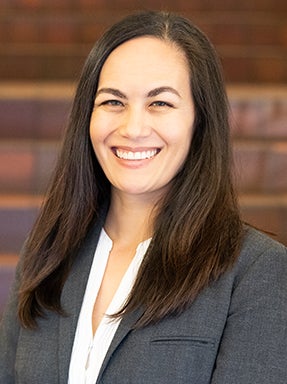
Constitutional Rights and Remedies Faculty

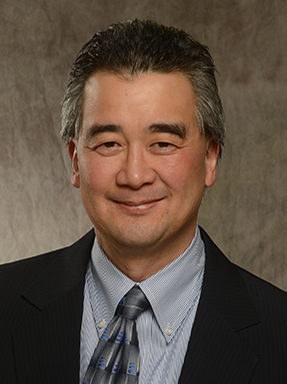
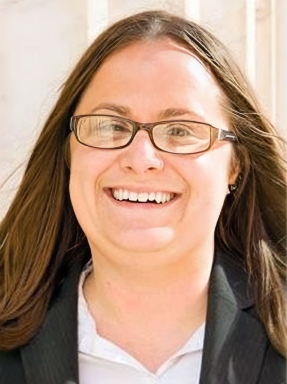


Martin Katz
Professor of Law
Former Law School Dean and University Chief Innovation Officer
303-871-6301 (Office)

Jan Laitos
Professor
Joe T. Juhan Endowed Professorship in Property Rights and Policy
303-871-6263 (Office)

Nancy Leong
Associate Dean for Faculty Scholarship & Provost Professor
Director, Constitutional Rights and Remedies Program
303-871-6092 (Office)
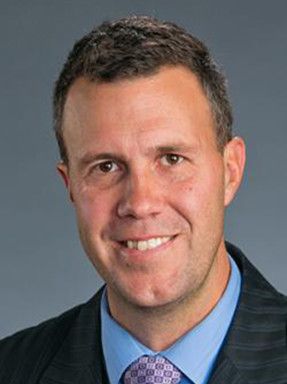
Justin Marceau
Professor
Brooks Institute Faculty Research Scholar of Animal Law and Policy
303-871-6449 (Office)
